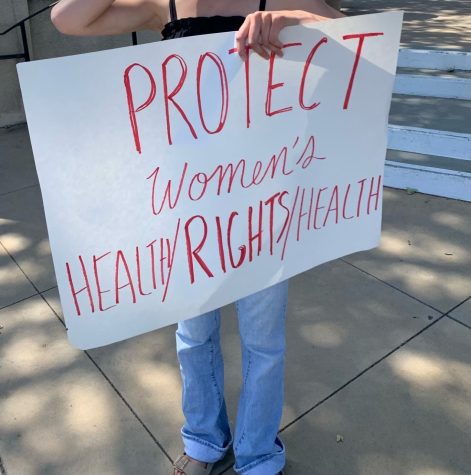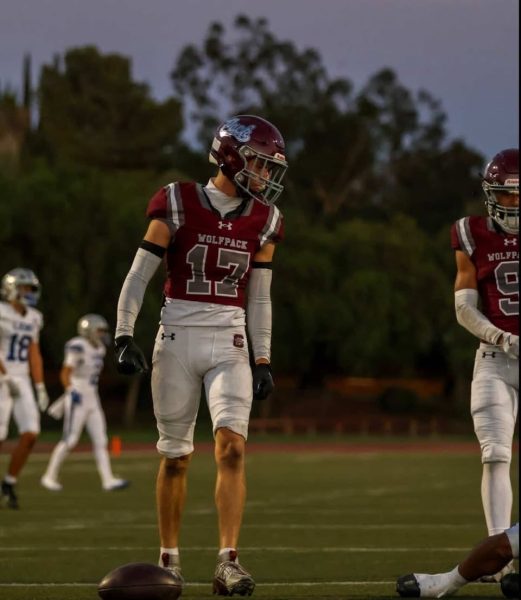Do transgender athletes have an advantage in sports?
The current generation of high school students is more inclusive and accepting of a diverse range of gender identities than any previous generation. While today’s older generations grew up in a time when there was no social recognition of the wide range of gender identities, young people today are more and more comfortable talking about their identities and fighting for equal rights. This new freedom has been incredibly positive for the country and has allowed millions of people to express themselves in public, but it has also brought a new set of challenges, such as the relationship between gender identity and high school sports.
This issue has been highlighted by the national media in recent months, when two transgender athletes won the girls’ state track championship in Connecticut last year. Many female athletes, coaches, and parents complained that it was unfair to allow students who had gone through puberty as biological males to compete against biological females, because of the huge difference in size, strength, and muscle development. Now, Tennessee has introduced a bill that would require athletes to play on teams based on their gender at birth. Some feel that rules like will prevent them from playing with they now identify with, and feel that it is more important to be inclusive of those who transition and allow them to play on the team where they feel most comfortable.
Ty Waggener, a sophomore at CHS, believes that transgender athletes should not be restricted in their choice of teams.
“Transgender athletes who have transitioned should be able to play on the team of the gender they identify as because trans men are men and trans women are women,” Waggener said. “I think the most important thing is to try and keep an open mind about trans people playing sports.”
Others, however, particularly female athletes, feel that the whole point of equal opportunity for women’s athletics, since the passage of Title IX in the 1970s, was to allow women to attain the enormous benefits of participating in competitive sports, even though their bodies are not usually as big, strong, or fast as males. Therefore, they argue, it undermines the core purpose of Title IX, to allow athletes with biologically male bodies to compete in female sports.
The issue is much more complex than just football and basketball, sports that place tremendous emphasis on size, strength, and height. There are many sports where size is not a dominant factor, or competitors are placed in weight classes. Waggener points out that in sports with weight and skill-level classifications, gender is not particularly important.
“If a trans woman (male to female) were to compete in, say, a jiu-jitsu tournament, she would have to be weighed in and put in a competition with someone of the same belt level,” Waggener said.
Also consider ping-pong, one of China’s most popular sports, where biologically male athletes have no inherent advantage. This is also true in equestrian sports, chess, and e-sports, which are all extremely popular worldwide.
Another example is cheerleading, which as anyone who has seen travel cheer competitions knows, is a physically demanding competitive sport. Competitive cheerleaders are primarily female, but boys can compete on the same teams, and some do. CHS sophomore Keira Hester, a competitive cheerleader, explains that boys are no better or worse on an individual level.
“I’ve seen good male cheerleaders and bad male cheerleaders,” Hester said. “There’s a lot of individual variation, no different from the girls.”
There is no easy answer to this question, so it will continue to be a problem facing high school students, coaches, and parents for years to come. But one thing is clear: this generation of high school students, coaches, law-makers, and anyone else involved needs to be accepting of different viewpoints and understanding of the fact that participating in sports can be an extremely influential part of growing up and forging a sense of self. Therefore whatever rules are adopted should implement fairness as well as support the hopes and dreams every kid who wants to play and puts in the work to develop their skills.
Hello there! Our goal is to provide relavent, engaging journalism for readers of all ages. Your donation will support the student journalists of the Wolfpacket at Claremont High School, and will allow us to purchase equipment, print our monthly issues, and enter in journalism competitions. We appreciate your consideration!

Meghan Mason is a senior at CHS, and this is her third year on the Wolfpacket staff. Mason is the Assistant Editor-in-Chief this year, and cannot believe...








